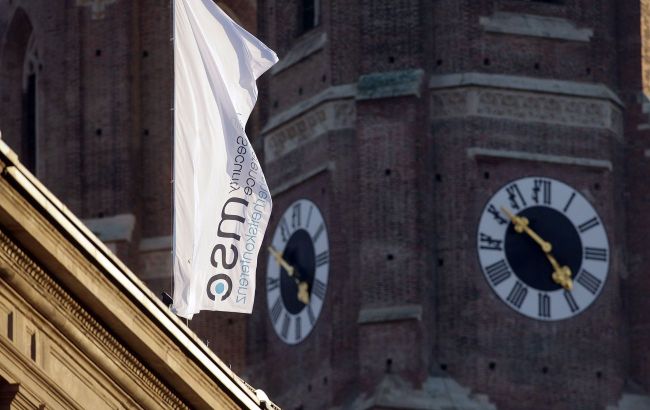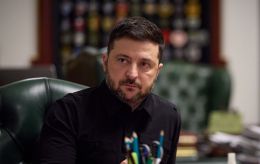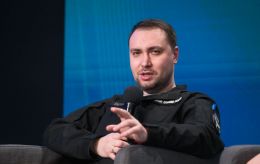Europe concerned about risk of weakened US support and Russian attack - Bloomberg
 Photo: Europe is concerned about the risk of an attack by the Russian Federation and the weakening of US aid (Getty Images)
Photo: Europe is concerned about the risk of an attack by the Russian Federation and the weakening of US aid (Getty Images)
Leaders of the North Atlantic Treaty Organization (NATO) countries are concerned about a potential Russian attack on one of them. Their apprehensions stem from doubts about the United States maintaining its traditional role in defending Europe as part of the Alliance, informs Bloomberg.
The agency noted a growing concern among European allies of US President Joe Biden. They are aware that, at a time when Russia is emboldened by its successes on the battlefield in Ukraine, the US might reduce assistance to NATO countries. Additionally, leaders and governments of these countries have done too little to prepare.
Such pessimism dominated discussions last weekend at the Munich Security Conference, where leaders and representatives of defense agencies gathered to assess the most significant geopolitical threats in the world.
High-ranking representatives of defense agencies expressed concern about the inability of the US to provide Ukraine with billions of dollars in funding. They stated that they are planning scenarios in which this public deterioration of support could push Russia towards a direct attack on a NATO ally.
One anonymous official noted that, compared to the decisiveness of previous meetings, there was a sense of uncertainty at this year's Munich conference.
The agency highlights that pessimism and heightened concerns about a Russian attack at the Munich conference were fueled by a series of recent events, including the occupation of the town of Avdiivka in the Donetsk region by Russian forces, the death of Russian opposition figure Alexei Navalny, and the US Congress delaying the approval of a financial aid package to Ukraine, Israel, and Taiwan.
Republican Senator from Ohio, JD Vance, who opposes assistance to Ukraine and is a close ally of Donald Trump, expressed an opinion shared by many members of his party. He stated that the US needs to redirect its foreign policy towards Asia, allocating fewer resources to support its allies on the other side of the Atlantic.
The problem with Europe is it doesn’t provide enough of a deterrence on its own because it hasn’t taken enough of an initiative,” Vance said on a panel in Munich. “The American security blanket has allowed European security to atrophy.”
Mark Rutte, the Prime Minister of the Netherlands and a leading candidate for the next NATO head, criticized those who complain about Trump's rhetoric.
"Stop moaning and whining and nagging about Trump — we don’t spend more on defense or ramp up ammunition production because Trump may come back. We have to do this because we want to do this, because it’s in our interest," Rutte stated.
The Prime Minister of Estonia, Kaja Kallas, suggested that "US officials’ just crossing the Atlantic may have won some hearts and minds."
"The feeling was that being here they also maybe understand better what is at stake," she said in an interview with Bloomberg. She added that after meetings with senators and representatives in Congress, she remains optimistic and hopes that the House of Representatives will eventually pass the financial aid package for Ukraine, Israel, and Taiwan.
Kallas also warned that "time is working in favor of Putin."
Her sentiments were echoed by NATO Secretary-General Jens Stoltenberg.
"It’s not only about making the right decision, but it’s about making the right decision early," he said during his speech in Munich.
Munich Security Conference 2024
The annual Munich Security Conference took place from February 16 to 18. Over 150 world leaders gathered in Germany to discuss issues related to global security. One of the key topics was financial assistance to Ukraine.
During a panel discussion, German Defense Minister Boris Pistorius did not rule out the possibility that Russia could attack one of the EU and NATO countries in 5-8 years and called for preparation for the "worst-case scenario."
NATO Military Committee Chairman Admiral Rob Bauer stated that the Alliance needs transformation, and the West must prepare for an era where anything can happen at any time, including the onset of war.
Earlier, Ukrainian President Volodymyr Zelenskyy warned that Western wavering in support for Kyiv and fears of escalating the war with Russia could prolong the conflict for years.

